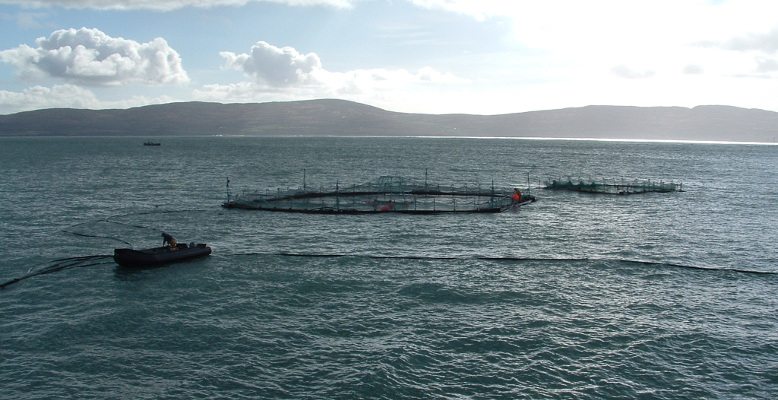IFA Aquaculture Welcomes Study on Benefits of Farmed Salmon During Pregnancy

A new study carried out in the University of Granada, Spain, has highlighted the clear benefits to expectant mothers and their babies from eating two portions of farmed salmon a week during pregnancy. The comprehensive EU-funded study found that eating farmed fish raised Omega 3, selenium and retinal levels and did not boost oxidative stress.
IFA Aquaculture executive, Richie Flynn, said the study supports a host of other research which shows clearly the benefits of farmed fish and shellfish and the many different and beneficial impacts of consuming natural Omega 3’s from seafood. “Oily fish such as salmon and trout as well as farmed shellfish like mussels, oysters and clams contain high levels of Omega 3 as well as other vital minerals and vitamins. Studies have shown the clear benefits of Omega 3 – also known as EPA and DHA – during pregnancy but also for healthy joints, cardiovascular benefits, reducing the risk of stroke, defending against Alzheimer’s disease and anti-inflammatory effects. The best source of these benefits is from consuming fish – both wild and farmed – and especially those fish classed as ‘oily’.”
Mr Flynn said that Irish fish farmers, who export most of their product to the continent, would like to produce much more in the future, if the government can overcome licencing obstacles. “Unfortunately the catch of wild fish has levelled out and experts believe will not increase into the future. Therefore the only new sources to provide for the growing world population and growing demand for seafood must come from farming. In Ireland we have over 30 years of expertise in farming high quality organic fish and shellfish which is in huge demand in Europe and further afield. Bord Bia and other agencies must work hard to ensure also that the Irish public consumes more fish, not only for the proven health benefits it will have, but also to support local jobs and small businesses around our coast.”
Ends.
Granada study reference:
http://cordis.europa.eu/fetch?CALLER=EN_NEWS+ACTION=D+SESSION=+RCN=34508




